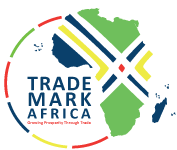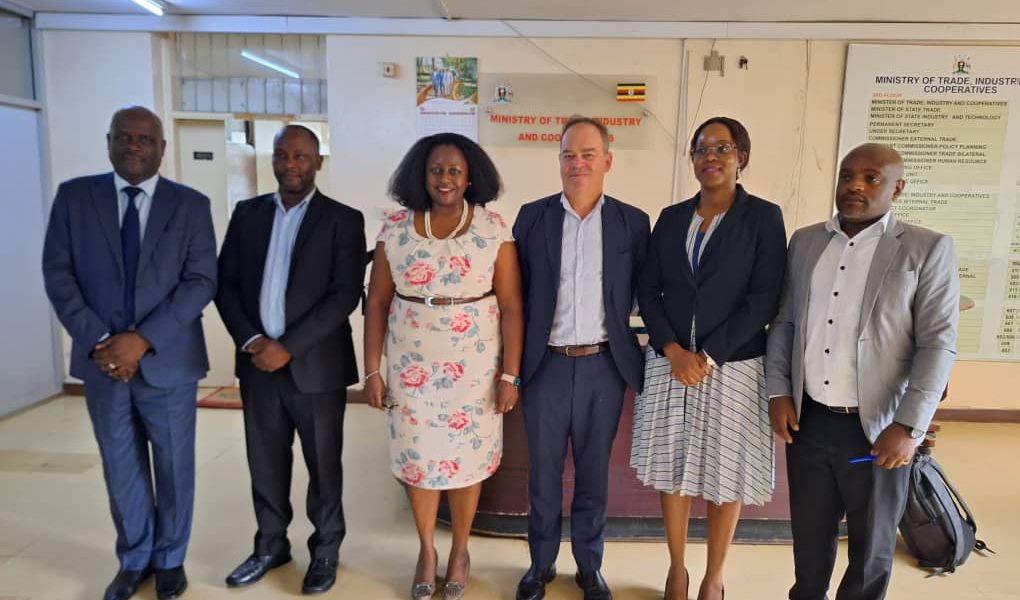USAID Uganda has finalized a ‘buy-in’ to the USAID-ERRA program, providing an initial funding support of US$2.3 million. The program will enhance Uganda’s role as East Africa’s ‘food basket’ by boosting exports and value addition in the staples and horticulture sectors, which despite their vast potential, face significant challenges. These include low productivity, inadequate quality agro-logistics causing post-harvest losses, and low levels of SPS/Standards compliance, especially in food safety, resulting in prevalent aflatoxin contamination in traded foods. Additionally, much of Uganda’s cross-border trade with her neighbors is informal, involving women who are often marginalized and susceptible to external shocks.
The USAID-ERRA program in Uganda will address these issues by structuring trade more effectively within these sectors. Planned interventions include:
- Establishing grain hubs (G-hubs) in select grain-producing regions, which includes organizing farmers into groups and facilitating their access to inputs and services, training them on SPS/Standards measures to enhance their compliance, and providing aggregation and storage solutions alongside market access.
- Supporting evidence-based advocacy to improve the business and trade environments.
- Strengthening the capacities of governmental bodies to perform inspections and certifications for food safety and traceability to meet export requirements satisfactorily.
- Supporting Uganda’s Non-Tariff Barriers (NTBs) Mechanism to identify and eliminate trade barriers, specifically in the targeted sectors.
- Facilitating the formalization of women and youth cross-border trader associations into Savings and Credit Cooperative Organizations (SACCOs), improving their access to finances and markets.
The ERRA Uganda program will aim to work with strategic implementing partners, including the East African Grain Council (EAGC) and Hortifresh, as well as with the Ministry of Trade, Industry, and Cooperatives and the Ministry of Agriculture. These partnerships will help us achieve our objectives of boosting exports, food security, creating jobs, and increasing incomes, particularly for vulnerable groups.

